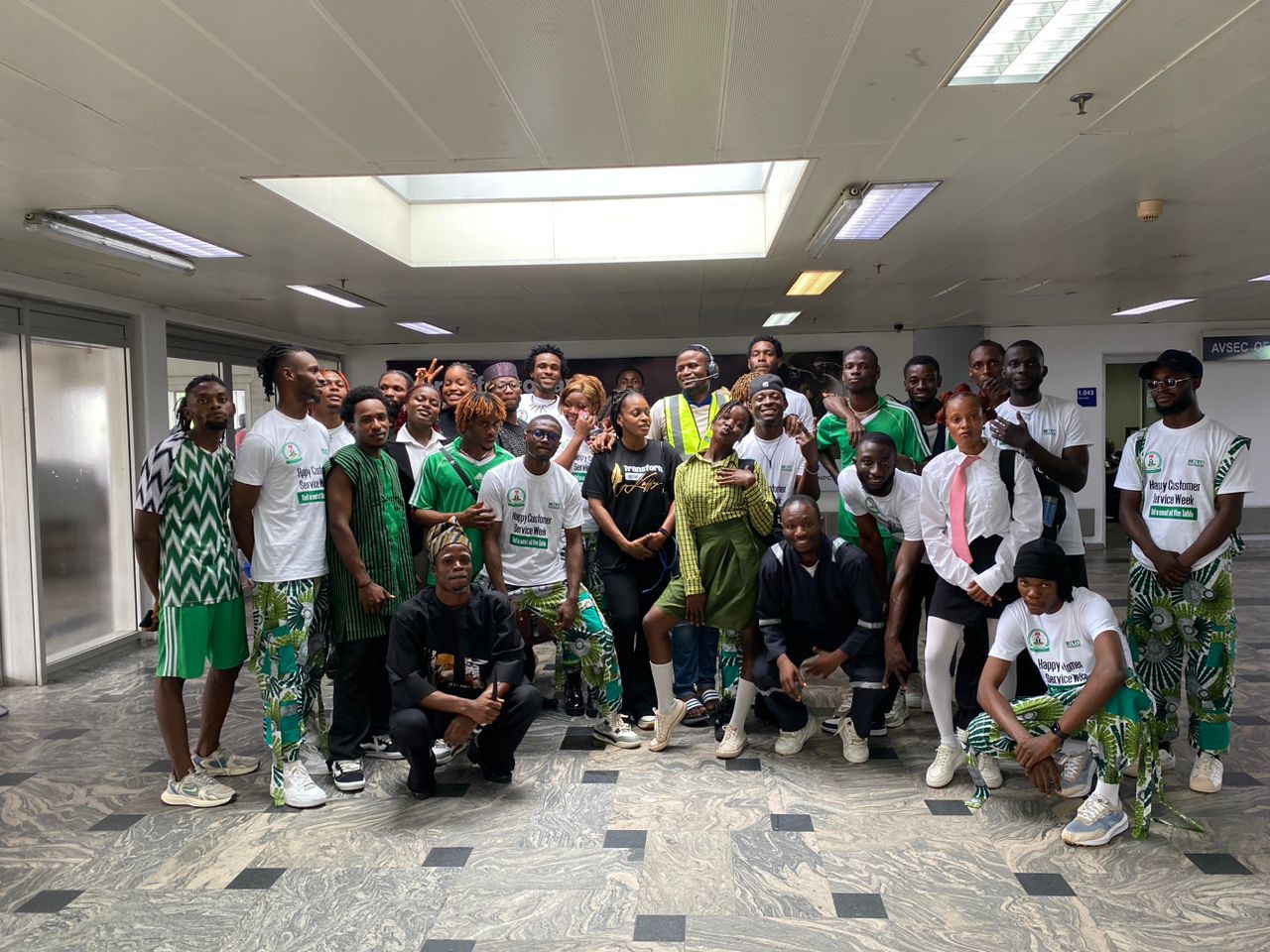The National Security Adviser, Mallam Nuhu Ribadu, and Chief of Defence Staff, CDS, said yesterday that hunger and poverty are the catalysts fueling insecurity, violence and social disintegration in the country.
This came on a day President Bola Tinubu in Abuja, declared that Nigeria’s agricultural renaissance had begun as he commissioned 2,000 tractors for nationwide deployment, under the Renewed Hope Agricultural Mechanisation Programme, to boost food production in the country.
According to the duo, the two challenges now constitute security threats to the country.According to the duo, the two challenges now constitute security threats to the country.
On his part, the NSA, however, said the government of President Bola Tinubu is tackling the challenge through prioritisation of agricultural reforms, social investment programmes, and security sector interventions to break the cycle.
Speaking at the 14th National Security Seminar organised by the Alumni Association of National Defence College in Abuja, Ribadu, who was represented by Major General PP Mala, Director, Defence Affairs, said: “This year’s theme, “Combating Hunger and Poverty for Sustainable Peace and Development in Nigeria,” touched at the very heart of our national challenges
“Hunger and poverty are not merely social concerns; they are catalysts for insecurity, crime, violence, and social disintegration. These issues form a vicious cycle. Poverty leads to insecurity and insecurity, in turn, deepens poverty.
“Under the leadership of President Bola Ahmed Tinubu, the Federal Government has prioritised agricultural reforms, social investment programmes, and security sector interventions aimed at breaking this cycle.
“These efforts are visible through increased support for food security initiatives, enhanced law enforcement capacity, and infrastructure to support agricultural production and distribution.“At the Office of the National Security Adviser, ONSA, we continue to coordinate both kinetic and non-kinetic efforts across the armed forces, intelligence services, security agencies, and relevant government and non-governmental actors.
“Despite the progress made, issues like unemployment, hunger, and youth disenfranchisement remain persistent and require deeper, long-term solutions. This forum, therefore, presents an excellent platform for collective introspection and sharing of ideas. The challenges we face today are dynamic and multi-faceted. As such, our responses must be coordinated, inclusive, innovative, and forward-thinking.”
He said: “Insecurity today is not only defined by weapons but also by economic deprivation, food insecurity, and social dislocation. Hunger and poverty are no longer mere social challenges, they have become national security threats.
“The North-Central region, particularly Benue State, once considered Nigeria’s food basket, is a clear example of how banditry, displacement and farmer-herder conflicts have devastated agricultural productivity.’’
Musa noted that the disruption of farming communities and illegal occupation of farmlands contributed to food inflation, displacement and mass migration, thereby destabilising both the economy and national cohesion. He called on communities to deny criminals and terrorists sanctuary by supporting intelligence gathering, timely reporting and community vigilance.
The CDS called for urgent investment in grassroots agricultural development, and urged government and stakeholders to reposition farming as a noble and rewarding profession by enhancing access to credit, infrastructure and market linkages.
“With the migration of rural youth to urban centres, agricultural productivity is declining. We must make farming attractive again — not as a last resort, but as a national duty and a prestigious calling,” he added.
Praising President Tinubu’s Renewed Hope Agenda, particularly its emphasis on financial autonomy for local governments, which he described as vital for responsive and community-driven development, Musa said: “I assure you, the Armed Forces of Nigeria, in synergy with other security agencies and with the support of the people, remain resolute in overcoming all security threats.
“We must build a Nigeria where every citizen can live in peace, engage in productive livelihood and enjoy the dividends of democracy.’’
Human-centred security approaches — Defence
In his remarks, the Defence Minister, Alhaji Mohammad Abubakar, called for human-centred security approaches to solving the challenges by addressing the root causes of insecurity, including unemployment, poverty and social exclusion.



